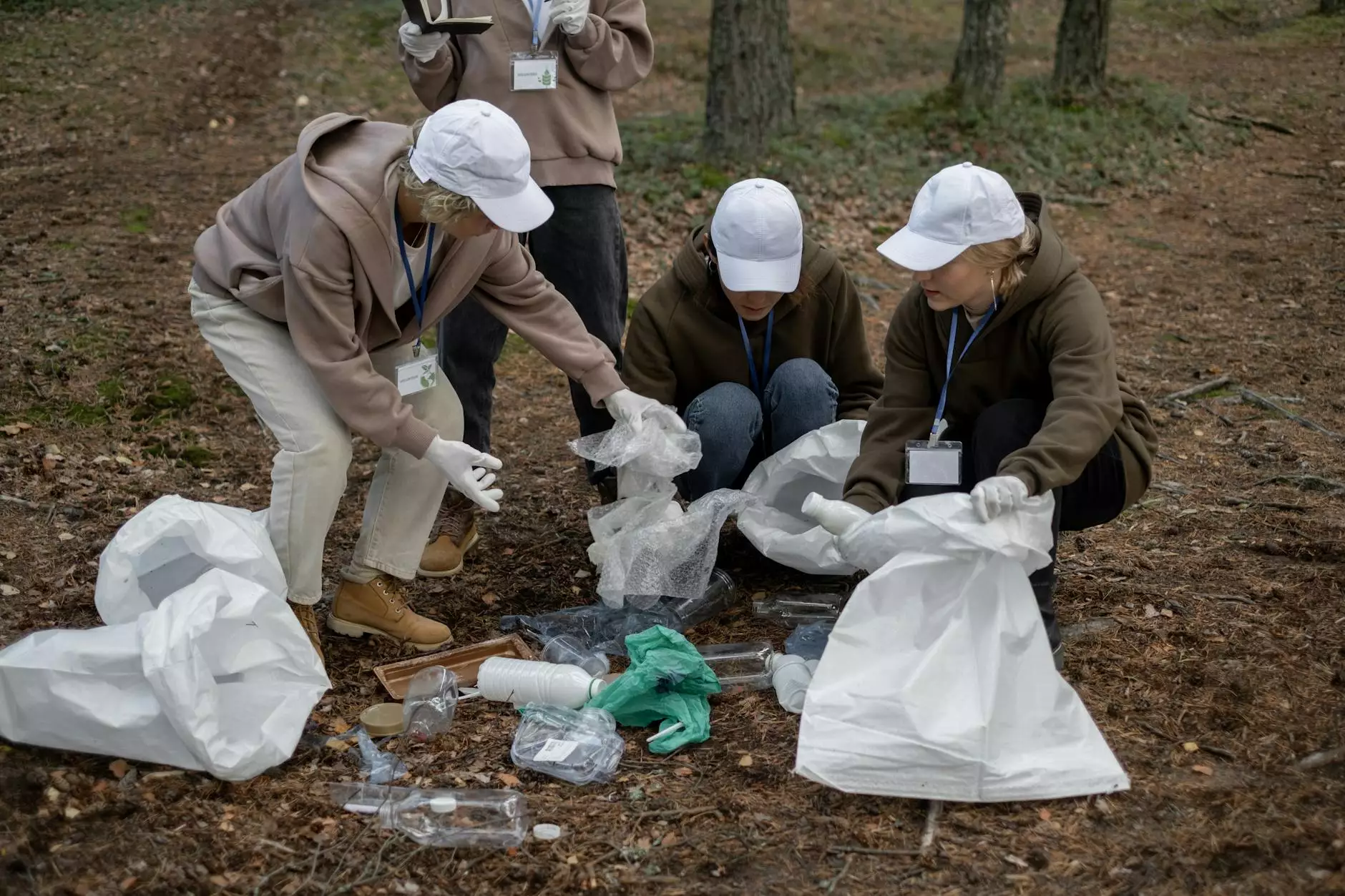Exploring Opportunities in Crime Scene Cleanup Employment

The field of crime scene cleanup employment is a niche segment of the biohazard cleanup industry that evokes considerable interest and curiosity. This profession not only requires specialized skills and training but also embodies a crucial social responsibility. In this article, we will explore the various aspects of crime scene cleanup, including the job's nature, the skills required, and the emotional impact on those who work in this vital field.
Understanding Crime Scene Cleanup
Crime scene cleanup involves the sanitization and restoration of locations where violent crimes, accidents, or traumatic events have occurred. Professionals in this field, often known as biohazard technicians or forensic cleaners, handle materials that may be biohazardous, requiring strict adherence to safety and health regulations.
The Importance of Crime Scene Cleanup
Effective crime scene cleanup is essential for multiple reasons:
- Public Health and Safety: Residual biological materials can pose serious health risks. Cleanup professionals ensure that spaces are safe for future occupants.
- Emotional Healing: Cleaners help families by restoring their environments, allowing them to begin the healing process after traumatic events.
- Legal Compliance: Many jurisdictions require specialized cleanup to adhere to laws regarding hazardous waste disposal and biohazard management.
Career Opportunities in Crime Scene Cleanup Employment
With the rising recognition of the need for crime scene cleanup services, employment opportunities in this field have increased. As the population grows and urban environments evolve, the responsibility of maintaining safety and hygiene has become paramount.
Job Roles and Responsibilities
Professionals working in crime scene cleanup typically engage in the following tasks:
- Assessment of the Scene: Technicians assess the situation to determine the extent of cleanup required.
- Safety Preparedness: They must wear protective gear and follow protocols to ensure their safety while working in potentially hazardous conditions.
- Decontamination Procedures: This includes the removal of biohazard materials, cleaning surfaces, and disinfecting areas to remove pathogens.
- Restoration and Repair: Some might also be involved in repairing walls, floors, or other damage caused during incidents.
- Documentation: Professionals often keep detailed records of their work for liability and legal purposes.
Skills Required for Success in This Field
While the crime scene cleanup employment path can be rewarding, it is essential for individuals to possess certain skills and attributes:
- Attention to Detail: Thoroughness is crucial when dealing with biohazard materials and ensuring that all contamination is addressed.
- Physical Stamina: This type of work can be physically demanding, requiring technicians to lift, move, and clean various materials.
- Emotional Resilience: Exposure to traumatic scenes can take a toll; therefore, emotional strength is vital.
- Technical Knowledge: Understanding biohazards, disposal methods, and chemical safety is crucial for effective cleanup.
- Teamwork and Communication: Technicians often work in teams and must communicate effectively with fellow employees and clients.
How to Become a Crime Scene Cleaner
For those interested in pursuing a career in crime scene cleanup employment, here are the steps typically involved:
1. Education and Training
A high school diploma is often the minimum requirement, although some employers may prefer associates degrees or relevant certifications in environmental science or biohazard management. Several training programs available online and in-person offer specialized skills and knowledge pertinent to biohazardous and crime scene cleanup.
2. Obtain Certifications
Certifications can enhance employment prospects. Consider certifications such as the OSHA Hazardous Waste Operations and Emergency Response (HAZWOPER), which is critical for understanding safety protocols when handling hazardous materials.
3. Gain Experience
The industry often involves hands-on work, so internships or entry-level positions in biohazard cleanup or related fields can provide invaluable experience and knowledge. Shadowing experienced technicians can also help new employees understand the complexities of the job.
4. Networking
Join related professional organizations or forums to connect with others in the field, gain insights, and learn from experienced professionals.
The Challenges of Crime Scene Cleanup Employment
While rewarding, this line of work is not without its challenges:
- Emotional Strain: Continuous exposure to traumatic situations can lead to compassion fatigue and emotional exhaustion.
- Physical Demands: The job requires a significant amount of physical labor, which can lead to fatigue.
- Legal Risks: Improper cleanup can lead to legal ramifications; thus, understanding local laws and regulations is essential.
- Irregular Hours: Crime scene technicians might be called to work at odd hours, leading to a lack of predictable schedules.
The Future of Crime Scene Cleanup Employment
As public awareness of the importance of biohazard cleanup grows, the demand for trained professionals in crime scene cleanup employment is likely to increase. Communities are becoming more cognizant of the impacts of such incidents and the necessity for expert cleanup services to ensure safety and compliance with health regulations.
Technology and Innovation
In the coming years, advancements in cleaning technologies and equipment will undoubtedly shape the industry landscape. Innovations, such as advanced disinfection methods and biodegradable cleaning agents, will promote more environmentally friendly practices in crime scene cleanup.
Increased Training and Awareness
With the evolving nature of crime scene cleanup, ongoing training and education will remain critical. As techniques and safety standards change, professionals must stay updated to ensure they meet the necessary requirements effectively.
Conclusion
Crime scene cleanup employment offers a unique opportunity to contribute positively to society while engaging in a meaningful career. The combination of technical expertise, emotional resilience, and a commitment to public health makes this profession vital. As the field continues to grow and evolve, those who choose to enter it will play an essential role in supporting individuals and communities during some of their most challenging times.
For more information or to explore job opportunities in biohazard cleanup, visit biohazardplus.com.









